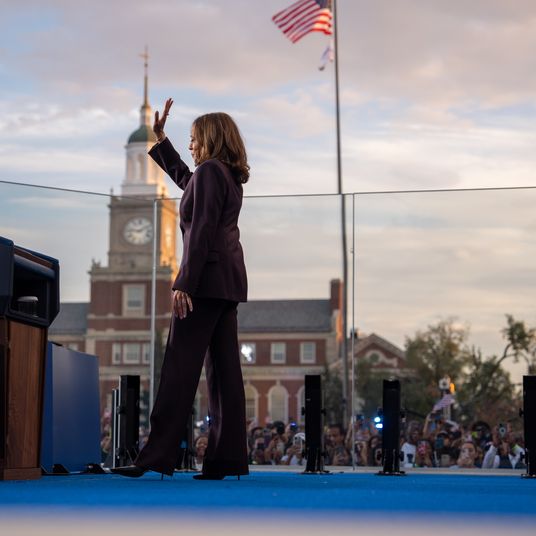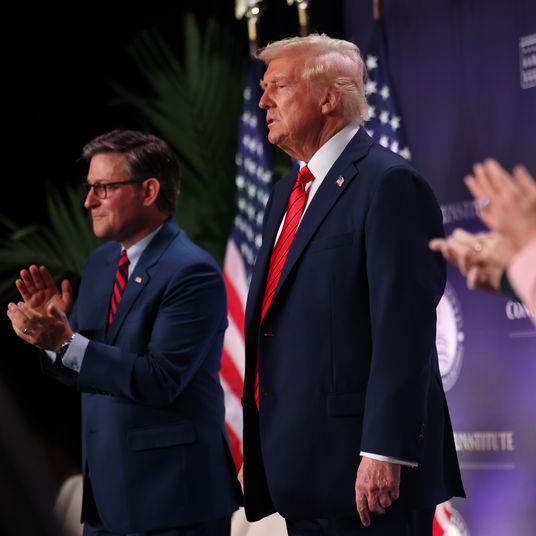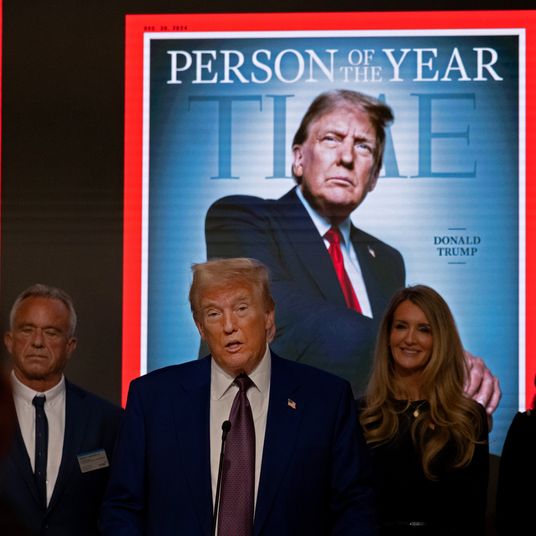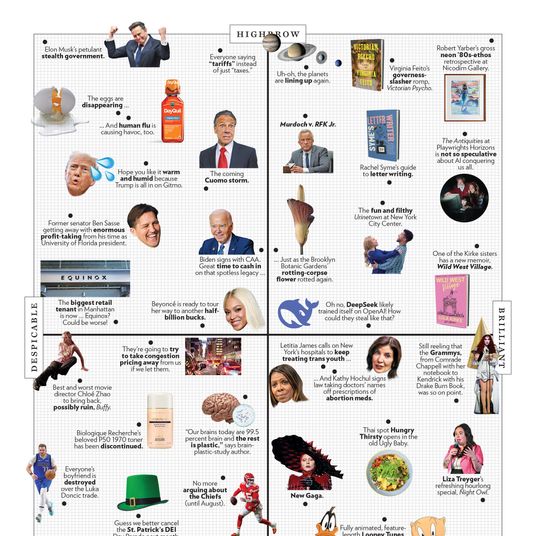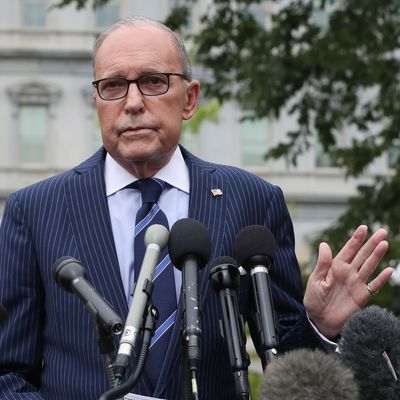
The Washington Post reported this week that the White House was considering pushing for a temporary payroll tax cut in order to mitigate the risk of an election-year recession. Since payroll taxes only apply to the first $132,900 of a worker’s income, such a policy would exclusively benefit non-plutocratic Americans, making it a sharp departure from the administration’s previous revisions to the tax code.
But in interviews with the New York Times late Monday, White House officials insisted that they had no intention of stooping to the level of materially helping ordinary Americans just to win an election:
A White House official said more tax cuts were on the table, “but cutting payroll taxes is not something that is under consideration at this time.” Another senior administration official cautioned that a payroll tax cut was not under serious consideration.
On one level, the administration’s eagerness to deny its rumored interest in a semi-progressive form of economic stimulus is understandable. Fears of recession can be self-fulfilling. If firms and consumers believe hard times are coming and cut back on investment and spending, then they can potentially bring an otherwise avoidable downturn into being. And reports that the White House is considering temporary stimulus measures could fuel such economic pessimism.
But the president has not actually made much effort to conceal his own economic anxiety or desire for further stimulus. On Monday, Donald Trump tweeted a norm-defying order to Federal Reserve chairman Jerome Powell, demanding an interest rate cut of “at least 100 basis points” with “perhaps some quantitative easing as well.”
More tellingly, the administration doesn’t deny that it is considering an election year tax cut — it merely maintains that it isn’t mulling one targeted at the middle-class. As Bloomberg reported in July, the White House is actively considering implementing another tax cut for the rich. Specifically, the White House is considering unilaterally indexing capital-gains taxes to inflation through an executive order, a move that would reduce the tax burden investors face when profitably selling assets like stock or real estate. White House officials confirmed this plan’s existence in interviews with multiple outlets late last month.
Trump’s top economic adviser, Larry Kudlow, is a longtime champion of indexing capital gains to inflation.
The fact that the Trump administration is (ostensibly) giving more serious consideration to an election year capital-gains tax break than to a payroll tax cut suggests that this White House is more principled than some liberals care to admit. To be sure, the Trump era has proven that the GOP’s Obama-era concerns about the deficit and loose monetary policy were wholly cynical. There is no theory that reconciles the party’s opposition to deficit spending and low-interest rates under Obama with its vigorous promotion of such policies under Trump (or, at least, none beyond the theory that sabotaging the economy is a legitimate means of undermining a Democratic president). On those fronts, Republicans have proven themselves to be ruthless partisan opportunists, not committed ideologues.
But for the GOP, some things are more important than politics. And on the fundamental issue of maximizing the one percent’s share of power and prosperity, the Trump administration has consistently put principle above political expediency. There was little electoral upside in trying to throw millions of low-income Americans off their health insurance in order to finance a giant tax cut for corporations. And there is no political reason why the White House should be more eager to disavow an interest in cutting payroll taxes than slashing effective capital-gains rates — especially, on the eve of a general election. Beyond the fact that tax cuts for ordinary workers are popular, whereas ones for wealthy investors are not, the GOP’s greatest electoral liability is the perception that it’s the party of the rich. Implementing a tax break for the rich in 2020 would be something approaching an in-kind contribution to the Democratic nominee’s campaign.
But at the end of the day, Trumpism means putting kleptocracy first.















